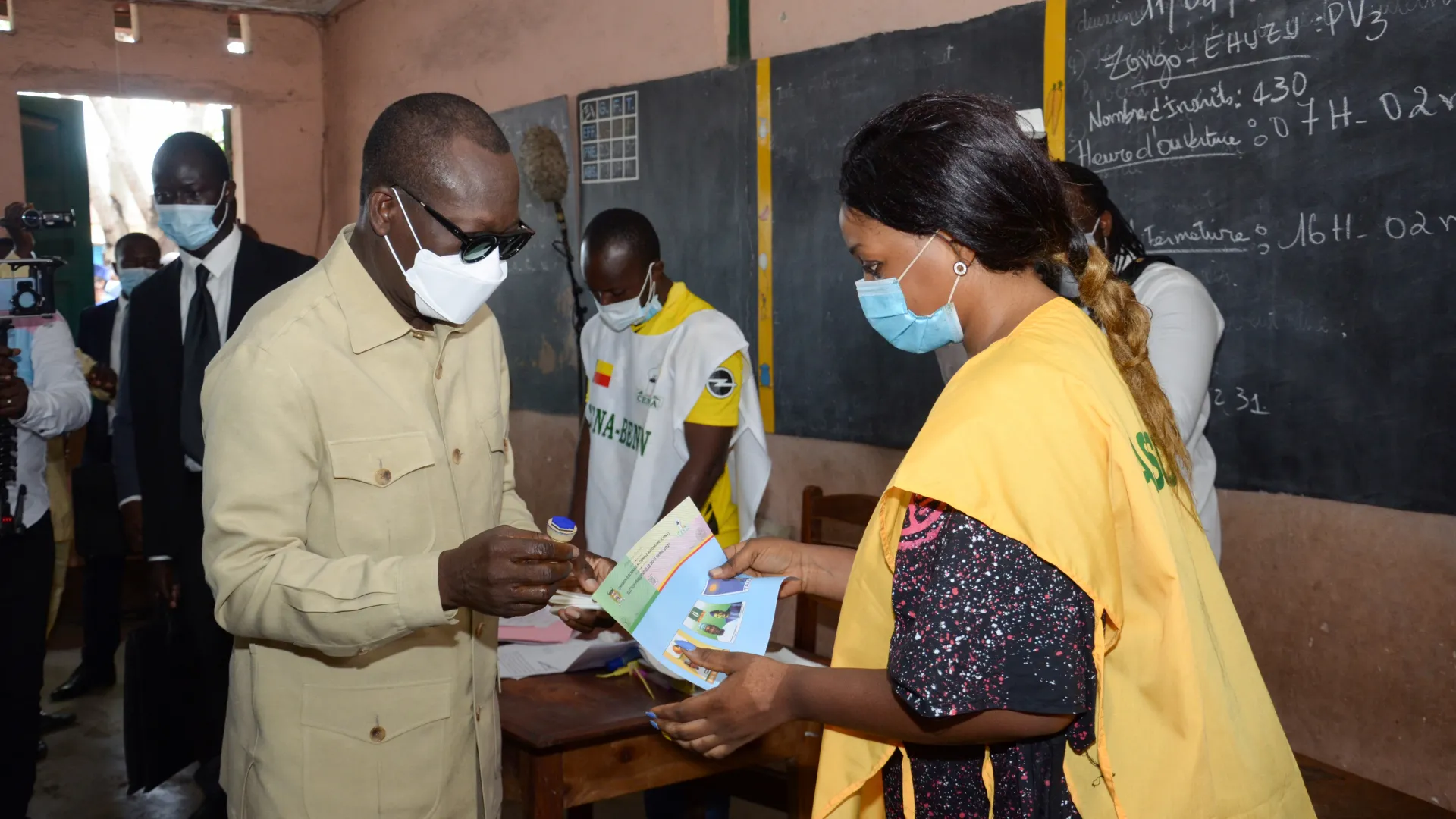
With the 2026 presidential elections less than a year away, Benin is intensifying its fight against disinformation, as authorities warn of a rising tide of false narratives threatening the country’s stability and social cohesion.
Disinformation has surged across West Africa, often fueled by foreign networks or local actors seeking to destabilize governments and manipulate public opinion.
In January 2025, Benin experienced a stark example when a viral social media rumor claimed a coup was underway and that President Patrice Talon had fled to Nigeria. The claim, later debunked, triggered widespread panic.
Investigations revealed Russian-linked networks, operating through Pan-Africanist activists, were behind the fabrication. A 2024 study by the African Center for Strategic Studies noted that disinformation campaigns in Africa have quadrupled since 2022.
In response, Benin has taken a multi-pronged approach.
The National Center for Digital Investigations (CNIN) is at the forefront, issuing regular warnings to administrators of WhatsApp groups about their legal liability.
Under Article 550 of the Digital Code, spreading false information online can result in up to six months in prison and a fine of one million CFA francs. These penalties, CNIN says, are intended to deter the spread of unverified content.
The High Authority for Audiovisual and Communication (HAAC) is also bolstering efforts to train journalists in fact-checking. In May 2025, HAAC partnered with MTN Benin to host a two-day seminar in Grand-Popo aimed at equipping media professionals with tools to verify sources and rebuild public trust.
Non-governmental organisations are also playing a role. Benin Check, a local fact-checking group, launched the “Red List” initiative, a database identifying reliable and unreliable online sources, helping citizens navigate the flood of digital content.
Authorities and civic groups stress that collective vigilance and media literacy are vital to defending Benin’s democracy from disinformation. Without these measures, they warn, coordinated fake news campaigns could erode public trust and destabilise the country ahead of its 2026 vote.



